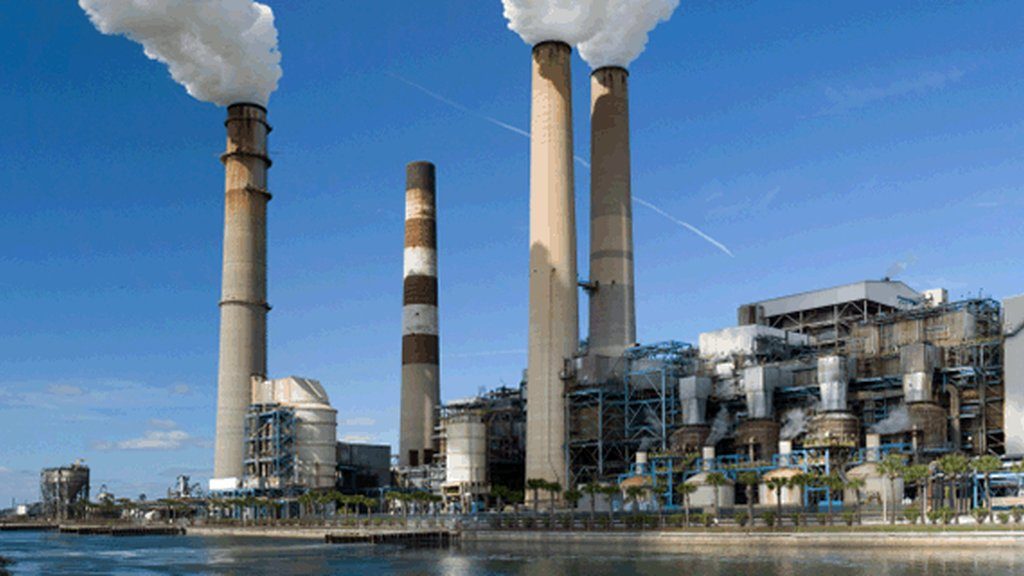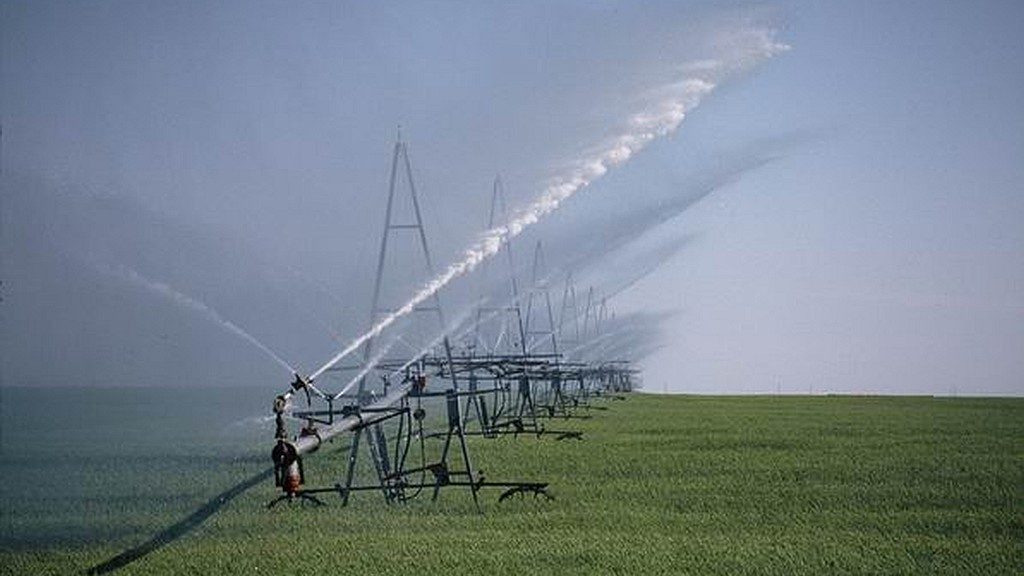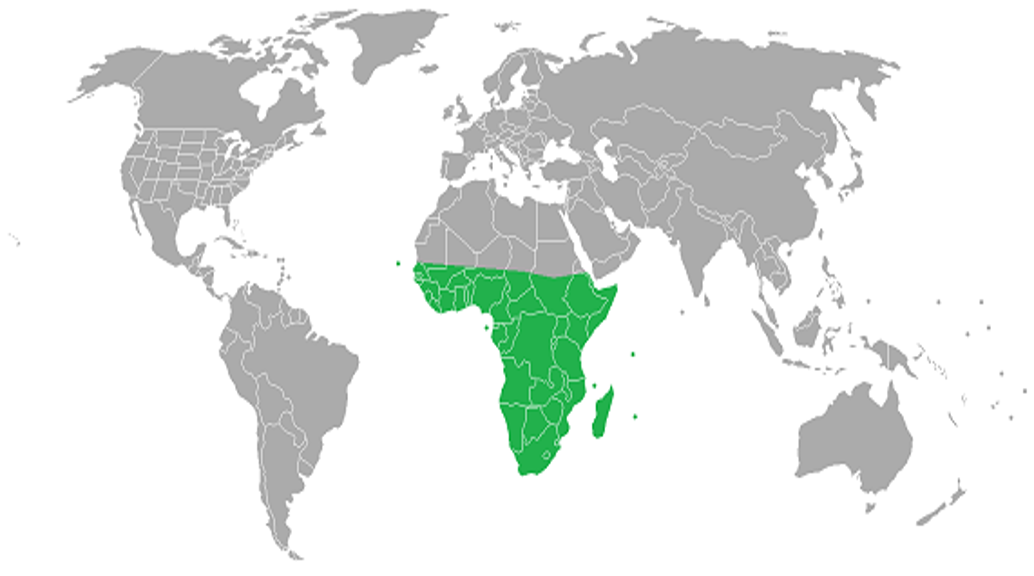The just concluded 60th anniversary of the Asian-African Conference featured more than 100 countries that were retracing the historic path of an event that changed the world.
Today, countries like South Africa, Nigeria and Rwanda lead Africa’s rise in the global economy and international stature.
Africa has all the ingredients to be a dominant economic engine for decades to come, according to demographers, economists and industrial and agricultural experts.
With more than 1.1 billion citizens, Africa has huge potential. About one-third of Africa’s 54 nations have a yearly gain in gross domestic product (GDP) of more than 6 percent, making the continent the second highest in economic growth after Asia, which is growing at 4.7 percent per year.
One main factor is because Africa is at last getting its share of peace and good governance since Benin set the mainland trend in 1991.
Population trends could also be improving these developments. More better-educated young people are entering the job market and birth rates are beginning to decline. As the proportion of working-age people to dependents rises, growth should get a boost.
Asia enjoyed the “demographic dividend”, which began three decades ago and is now tailing off. In Africa it is just starting. Continue reading Africa: The world’s new powerhouse
Category Archives: Nigeria
Angolan ambassador accredited in Abuja
Abuja – Der neue außerordentliche und bevollmächtigte Botschafter der Republik Angola, Eustáquio Januário Quibato wurde gestern in Abuja vom Präsidenten Nigerias, Goodluck Jonathan. akkreditiert.
Nach der Akkreditierung lobte der Botschafter die ausgezeichneten Beziehungen zwischen Angola und Nigeria und sagte, dass mit seiner Ernennung ein großer Impuls zur engen Zusammenarbeit zwischen beiden Ländern gegeben wird.
Die Republik Nigéria liegt in Westafrika und grenzt an vier Länder, im Norden an Niger, im Nordosten an Tschad, im Osten an Kamerun und im Westen an Benin.
Nigeria hat eine geschätzte Bevölkerung von 170.123.740 Millionen Einwohnern gemäß Schätzung von 2012.
Der Norden hat in Bezug auf den Süden bevölkerungsmäßig ein Übergewicht und stellt ca. 61 % der Bevölkerung Nigerias dar. Das Land stellt circa ein Viertel der Bevölkerung Westafrikas, obwohl weniger als 25 % der Nigerianer in der Stadt leben. MIndestens 24 Städte haben eine Bevölkerung von mehr als 100.000 Einwohnern.
Nigeria hat eine hohe Geburten- und Bevölkerungswachstumsrate. Die Zählungsbüro der Vereinten Nationen schätzt, dass die Bevölkerung Nigerias 356 Millionen im Jahre 2050 und 602 Millionen im Jahre 2100 haben wird und damit selbst die USA als drittgrößtes bevölkerungsreichstes Land der Werlt übeholen wird.
Source: Agência Angola Press
Nigeria gets nearly $ 1 bn loan of the World bank for irrigation projects
The Federal Executive Council on Wednesday has approved three foreign loans totaling $ 945million meant to improve irrigation system, prevent flooding in Ibadan, Oyo State and provide water for Bauchi, Ekiti and Rivers States. The money comes from the International Development Association, an arm of the World Bank for irrigation and drainage projects, Minister of State for Finance Bashir Yuguda said.
Nigeria, Africa’s biggest economy, is trying to expand agricultural production with the aim to reduce it’s dependence on crude oil exports, which account for more than 70 percent of the country’s revenue. According to the National Bureau of Statistics Agriculture is employing more than 60 percent of the population, representing about 22 percent of the gross domestic product,.
About one million Nigerians are to benefit from the project in the three states.
Sub-Saharan spending to grow 10 % a year
Overall infrastructure spending in sub-Saharan Africa is projected to grow by 10 % a year over the next decade and will exceed $ 130 bn by 2025, says a PWC report. Nigeria and South Africa dominate the infrastructure market, but Ethiopia, Ghana, Kenya, Mozambique and Tanzania are also poised for growth.
South Africa’s spending will grow to $ 60 bn by 2025, having grown by 10 % average a year, but it may lose share relative to Nigeria because of Nigeria’s better fiscal position and oil revenues. Overall infrastructure spending in Nigeria is expected to grow from $ 23 bn to $ 77 bn in 2025.
Source: African Business, november 2014
Nigeria stops selling crude oil to the US
Nigeria beccame the first country to stop selling crude oil to the US, yet four years ago it was one of its top five suppliers. It’s due to the impact of the shale revolution and new technologies opening up new US oil fields. However, Nigeria was has liftet oil exports to Asia by 40 % this year.
Source: African Business, november 2014
 afric-Invest
afric-Invest



